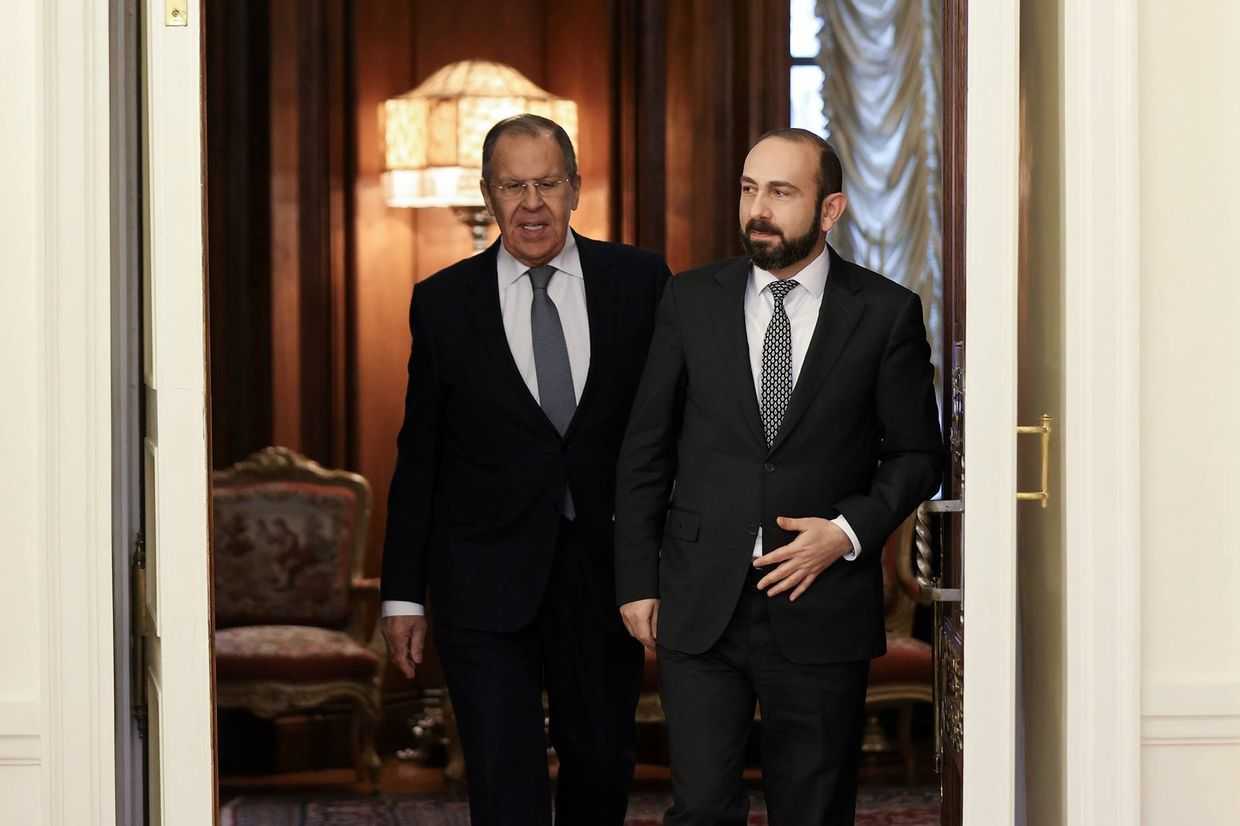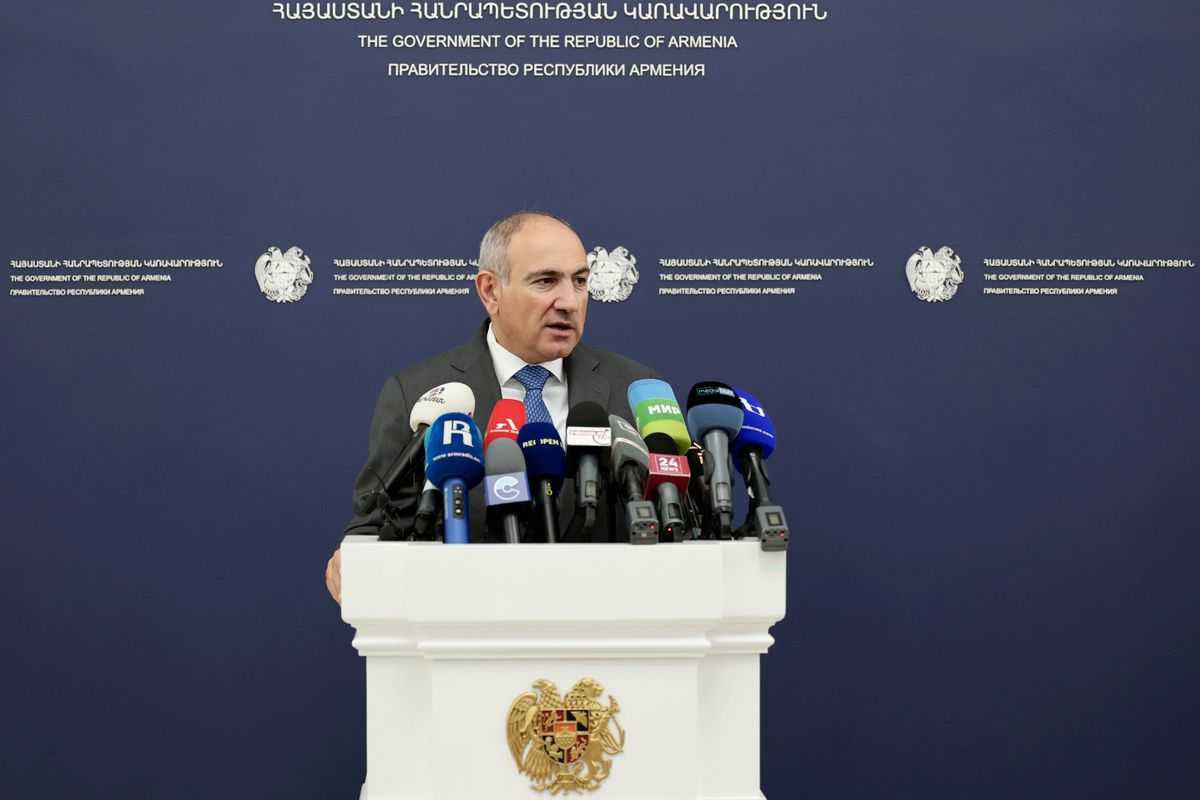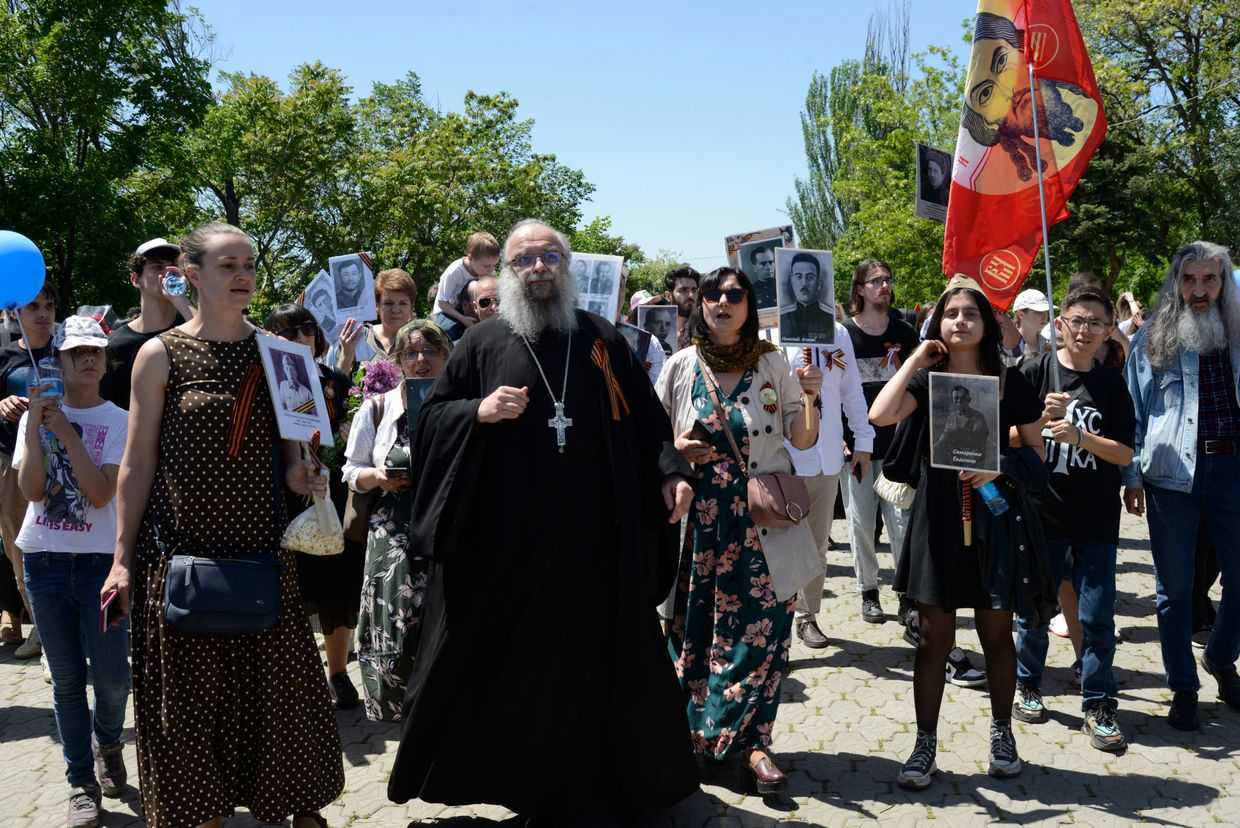
Residents of Lachin (Berdzor), Aghavno (Zabukh), and Nerkin Sus (Sus) — settlements along the Lachin corridor — have been told to leave their homes by 25 August, after which the towns will be handed over to Azerbaijan.
The Ministry of Territorial Administration of Nagorno-Karabakh said that residents were told about the displacement plans during a ‘civil protection’ meeting on Friday.
Following the news, residents of Lachin and Aghavno blocked the road to protest their impending displacement. The towns were the only ones outside the former Nagorno-Karabakh Autonomous Oblast in which the Armenian population was not displaced during or after the Second Nagorno-Karabakh war.
The Lachin corridor is currently the only road connecting Armenia with Nagorno-Karabakh. Armenian authorities have said a replacement road will not be complete until the Spring of 2023.
The 2020 ceasefire agreement that brought an end to the Second Nagorno-Karabakh War stipulated that the current route be controlled by Russian peacekeepers until a new road was complete, which the peacekeepers would then control.
The deadline in the agreement for handing over Lachin to Azerbaijan was three years after its signing, in November 2020. However, Azerbaijani authorities have in recent weeks demanded that this be done earlier.
On Wednesday, one Azerbaijani and two Armenian soldiers were killed as clashes broke out near Lachin. Both sides blamed each other for the violence, however, the Russian peacekeeping mission said it was Azerbaijani forces that broke the ceasefire.
On Friday, the Azerbaijani Defence Ministry said that two more soldiers had died near Lachin, though they claimed this had happened in a rockfall.
There have been renewed diplomatic efforts in the West to mediate the conflict.
On Wednesday and Thursday, French President Emmanuel Macron held phone calls with Armenian Prime Minister Nikol Pashinyan and Azerbaijani President Ilham Aliyev.
According to the Azerbaijani readout of the call, Aliyev said that the construction of the new route to replace the Lachin corridor was almost complete.
In Armenia, there has been growing criticism of the efficacy of Russia and the Russian peacekeeping mission in upholding the ceasefire agreement, which was signed by President Putin along with Aliyev and Pashinyan.
[Read more: Pashinyan raises questions about Russian peacekeepers in Nagorno-Karabakh]
According to Moscow, the Russian peacekeepers in Nagorno-Karabakh, are doing ‘everything they can’ to ‘deescalate’ the situation.
Russian Foreign Minister Sergei Lavrov, responded to Pashinyan’s criticism of the mission by stating they had not received any suggestions from Armenia about the mission.
For ease of reading, we choose not to use qualifiers such as ‘de facto’, ‘unrecognised’, or ‘partially recognised’ when discussing institutions or political positions within Abkhazia, Nagorno-Karabakh, and South Ossetia. This does not imply a position on their status.









